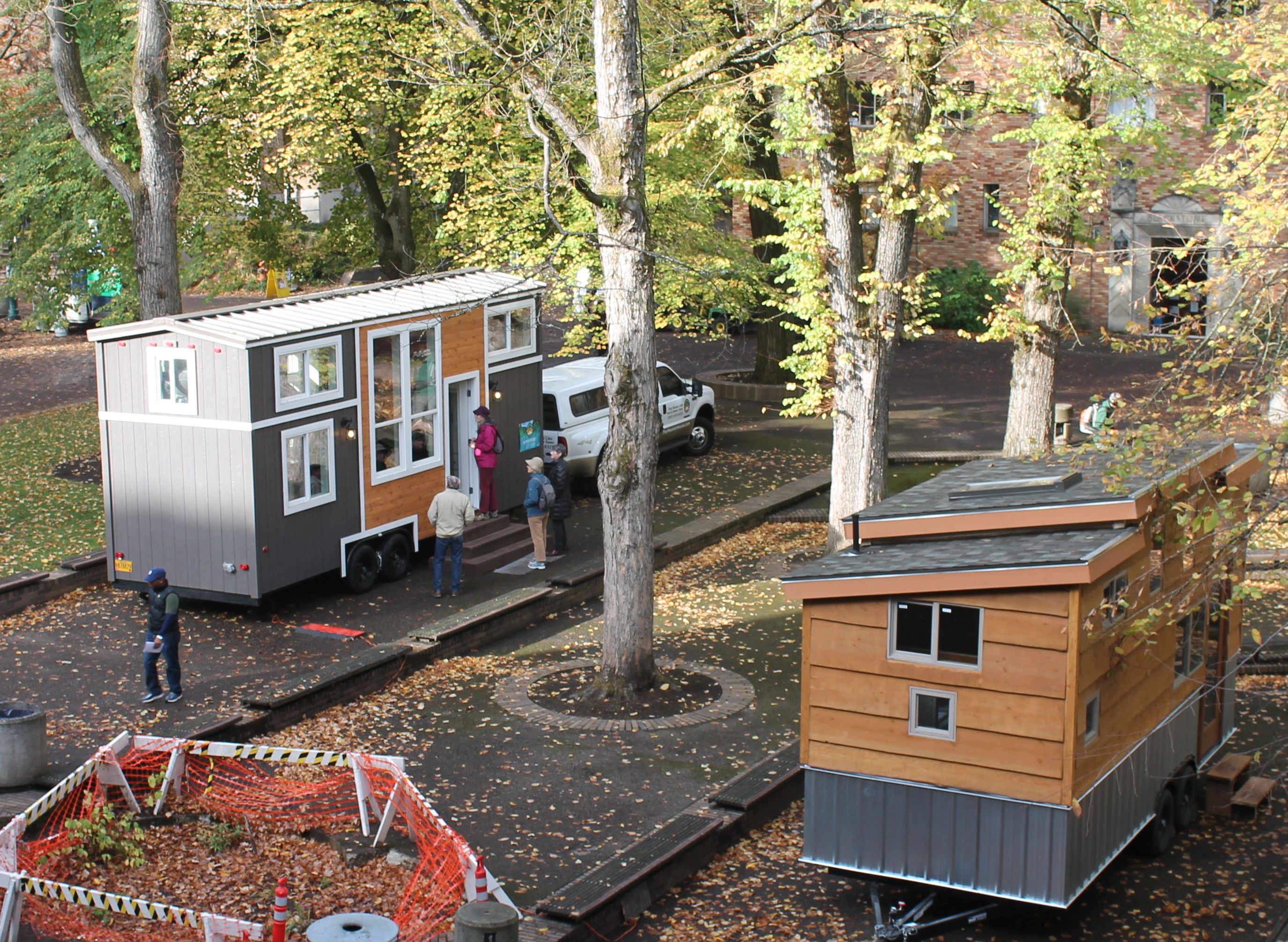Less is more…
 We have so much stuff, we’re in a constant cycle of working to just buy more stuff. Why?
We have so much stuff, we’re in a constant cycle of working to just buy more stuff. Why?
Personally, this is something I have struggled with until I saw the documentary Minimalism on Netflix. Basically, it’s about these two dudes that live a minimalistic lifestyle, meaning that they live with basic necessities. Instead of having a closet full of clothing, they have around 2-3 articles of shirts, pants, socks, jackets, hats, etc., in their living area, they might have just a table and a chair. Pretty boring.
My first reaction to this was why would anyone like to live like this. I felt like the things we owned give us character, having close to nothing would make me feel lost and dull. What caught my attention was when Ryan Nicodemus, one of the creators of this concept, said he felt liberated. Living this new sustainable lifestyle of cautious consumerism, forced him to realize all the “stuff” that bombarded his life. Once he had just the necessities he felt the weight being lifted off of his shoulders and learned to value what he did have. Important things.
I see minimalism as a lifestyle, just like people that are vegan. Minimalism focuses on consumer behavior, which can help improve someone’s want to live a more sustainable life. An article written by Greentumble said that 60 percent of all greenhouse emission come from products that are consumed (Nichols, 2018). By switching to minimalistic view people are more prone to buy less, and they tend to look for products that have good quality. People also tend to need less room, a major movement going on is people living in tiny houses. “The tiny life” is a website that helps explain the concept better, but people are turning to this new lifestyle to save on cost and again to live a more minimalistic lifestyle.
I really recommend everyone to watch this film, it really does open your eyes to new possibilities. With the drastic changes that might be coming our way, you never know this could be the way of living…
Reference:
Netflix Documentary:
Minimalism
Nichols, Megan Ray. “The Connection Between Minimalism and Sustainability.” Greentumble, 8 Oct. 2018, greentumble.com/whats-the-connection-between-minimalism-and-sustainability/.
Tiny House Movement:
Hey! Thank you for the documentary recommendation, sounds really interesting! I have already heard quite a lot about minimalism as we talked about it in school. It is hard for me to imagine it as we live in a consumer society. However, I can understand how one feels liberated after getting rid of all the unnecessary materialistic possessions. By owning so much we constantly compare ourselves with others who possess more, we worry more and feel overwhelmed by the variety of offers at the shops. Nevertheless, I could not imagine this lifestyle for myself right now.
Hey Justina!! I just saw the Netflix documentary… it is really eye opening to see that there are ways we can live with so much less than we already have. Then I kept on thinking about minimalism, and living in big cities, for example New York and Mexico City. These two cities are so big that the space that someone has to live is quite small, some can even call this minimalistic. Do you think, as the population grows and people keep on moving to the big cities where the jobs are, that we will end up living that way? To be honest, I dont think I can, at least in the foreseeable future, live minimalist way.
I recently watched the documentary and I have to say, I had the same reaction as you did. When I moved to my first year residence, I barely had any belongings in my room. Three years later, I don’t know how I’m ever going to move out. I find it inspiring how some people can leave their possessions behind and live with the bare minimum. As you mentioned, I feel an emotional connection to all the things I own, so it would be very difficult for me to adopt the minimalistic lifestyle. On the other hand, the benefits of pursuing such a lifestyle may outweigh the struggle of leaving everything behind.
I definitely agree with your point about how minimalism can be compared to veganism – they’re both a certain type of lifestyle. We’ve spoken about this in class about how capitalism is fueling unsustainable practices such as overconsumption and buying goods we don’t need. I think adopting a minimalistic lifestyle is a sustainable way to tackle the issues regarding overconsumption of goods. We live in a materialistic world where a person’s value is being placed on things. This is why fast fashion is such a growing industry; people need to own the newest trend because they want to stay up to date and relevant to the world. I don’t see the minimal lifestyle being adopted by normal consumers any time soon, however, I do think that we need to shift in this direction to make sustainable changes.